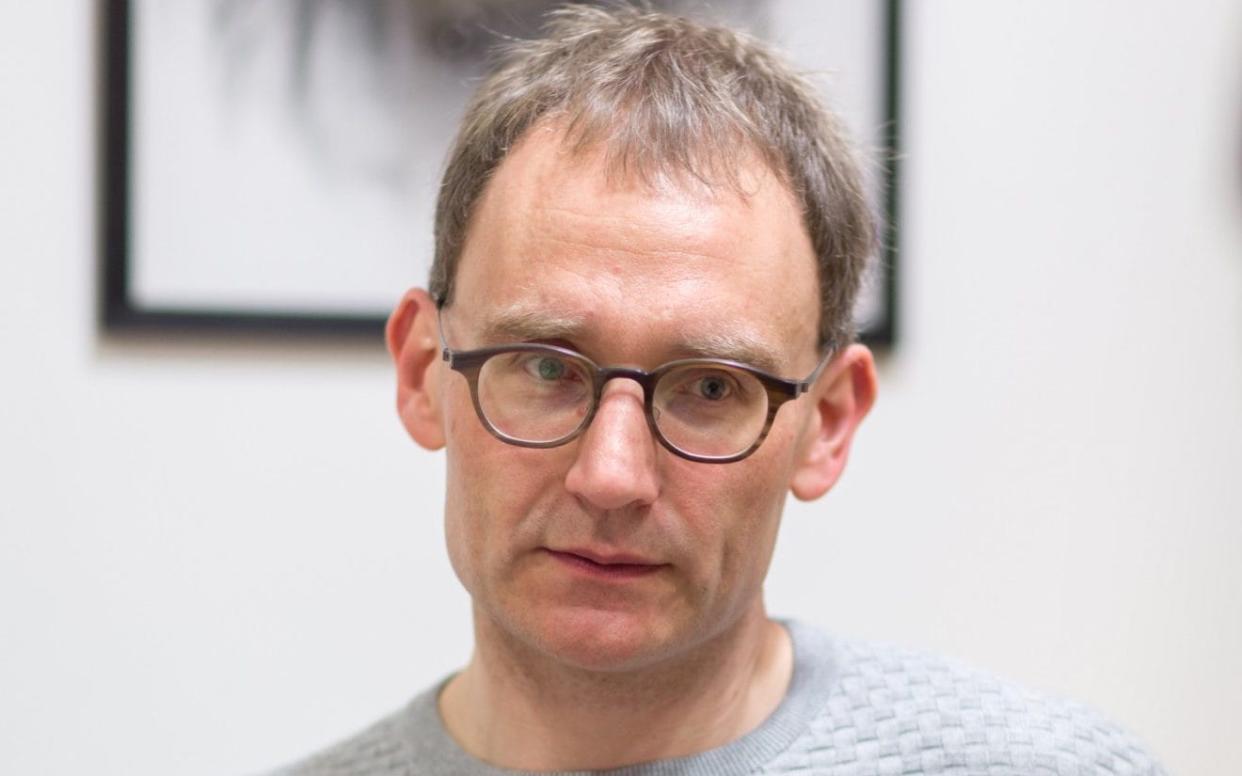Neil Ferguson ‘overconfident’ in his Covid claims, says top US forecaster

Nate Silver, one of the world's most renowned forecasters, has criticised Prof Neil Ferguson for his "overconfident" prediction that Covid cases could rise to 100,000 a day.
Mr Silver, a statistician who rose to prominence after correctly calling the results of the 2008 US presidential election, said there were too many variables in the pandemic for anyone to be certain of the outcome.
This week, Prof Ferguson, of Imperial College, said he was positive the crisis would be in decline by the autumn, despite warning earlier in the month that it was "almost inevitable" that there would soon be 100,000 cases a day and possibly 200,000.
Writing on Twitter, Mr Silver said: "Covid cases have fallen to 33,000 per day (7-day average) since Neil Ferguson, perhaps the UK's most prominent epidemiologist, said it was 'almost inevitable' that cases would hit 100,000 a day.
"I don't care that the prediction is wrong, I'm sure this stuff is hard to predict. It's that he's consistently so overconfident. Now he says he's 'positive' the pandemic will be over by October. Well, probably. But there are downside risks: new variants, waning immunity, etc."
Watch: Covid pandemic in UK largely over by late September, says Neil Ferguson
The political science author Prof Philip Tetlock also agreed with Mr Silver, adding: "Expect even top forecasters to make lots of mistakes. When smart forecasters are consistently overconfident, start suspecting they're not playing a pure-accuracy game (e.g. publicity or policy-advocacy games)."
On Wednesday night, the Government announced 27,732 new Covid infections, up from 23,511 the day before. Although cases rose for the first time in seven days, infections have decreased 36 per cent in a week, with current daily figures less than half those of the mid-January peak.
Sajid Javid, the Health Secretary, who also previously warned there could be 100,000 cases a day, said it was important not to be too optimistic because nobody could predict what would happen in the coming weeks.
Speaking at a vaccination centre in London's Little Venice, Mr Javid said: "The truth is, when it comes to case numbers no one really knows where they are going to go next.
"I hope that the falls that we're seeing now are sustained. That's of course what I want to see. But we've already seen with the delta variant, a new variant that emerged over the last year that's more infectious than the previous one, that things can change. And so I think it's important to remain cautious, not get too optimistic."

 Yahoo News
Yahoo News 
